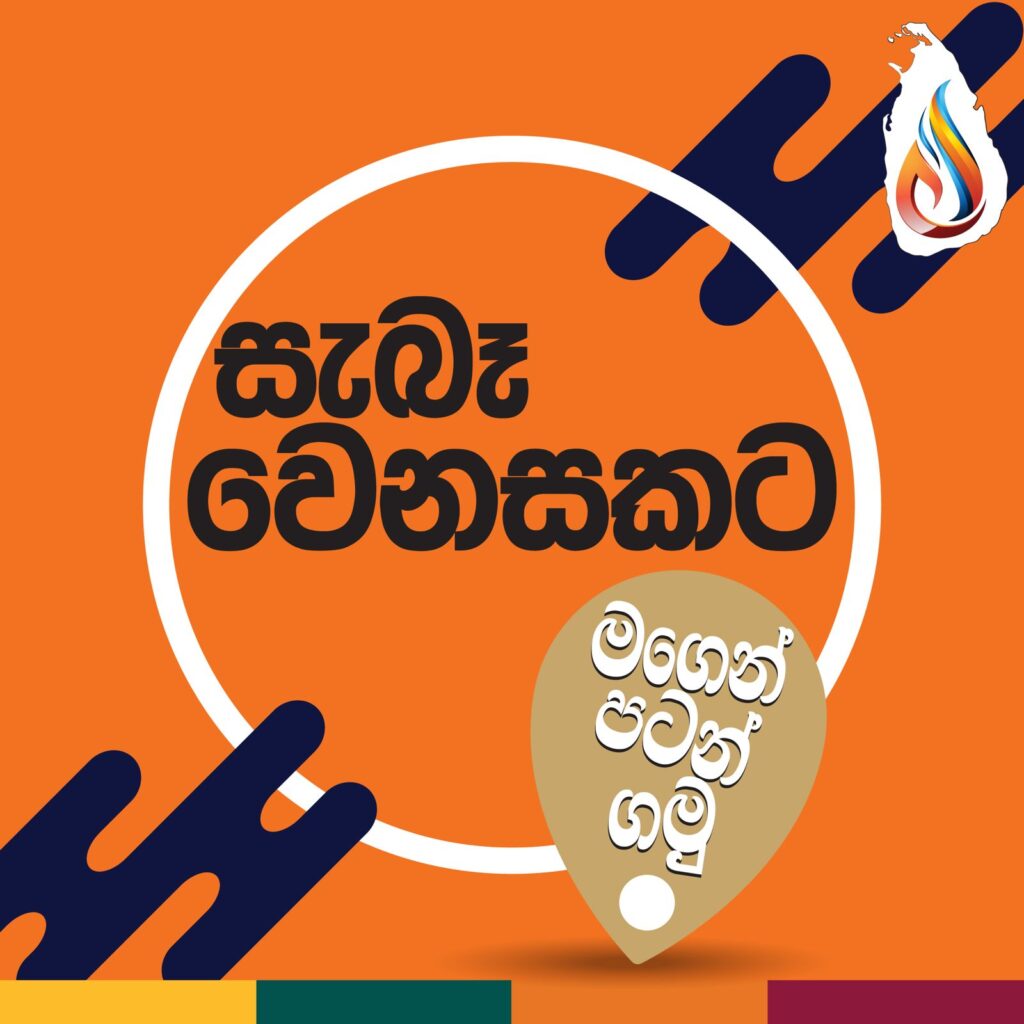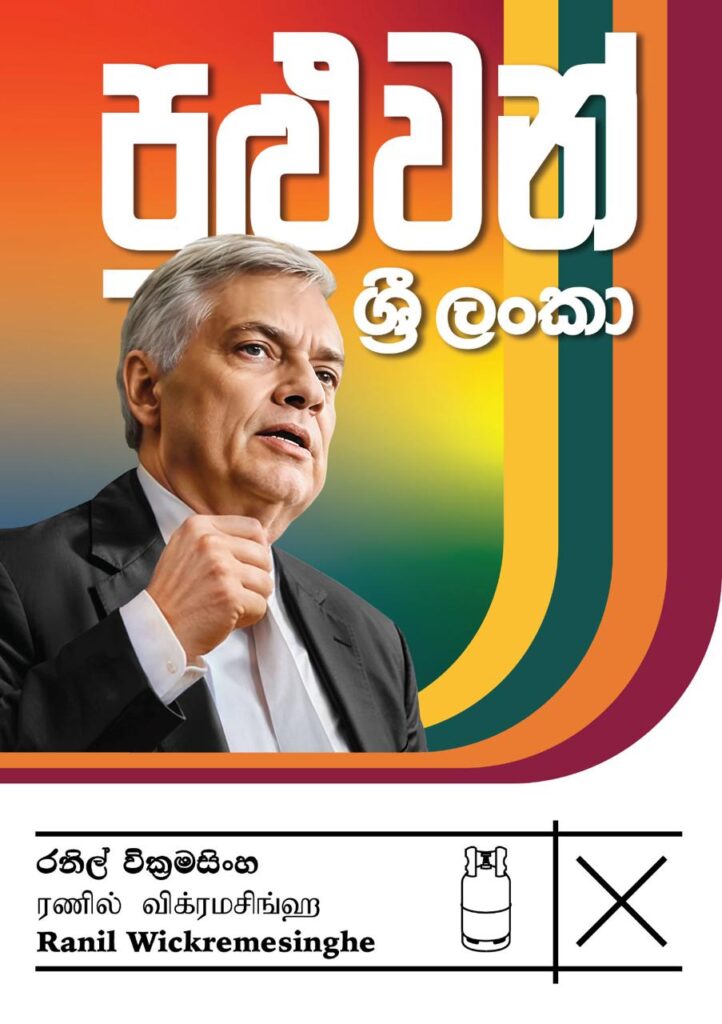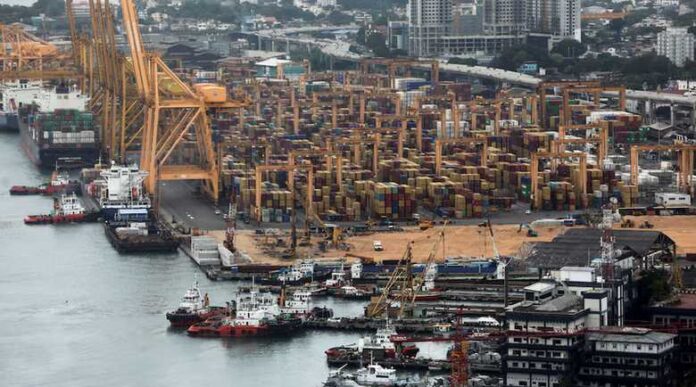By: Staff Writer
August 25, Colombo (LNW): Sri Lanka’s recent economic crisis and recovery efforts present a complex narrative marked by internal challenges and external shocks.
The crisis, which began in 2019, was exacerbated by ill-advised tax cuts, a poorly managed shift to organic farming, and a series of devastating events such as the 2019 Easter bombings, the COVID-19 pandemic, and the Ukraine-Russia war.
Sri Lanka’s Minister of Foreign Affairs, Ali Sabry, briefed the Colombo-based diplomatic community on the country’s recent developments during a session held at the Ministry of Foreign Affairs on August 23, 2024.
Minister Sabry emphasized significant achievements over the past year, particularly in economic recovery, legal reforms, and the strengthening of domestic institutions focused on reconciliation.
He detailed the government’s efforts towards establishing a Commission for Truth, Unity, and Reconciliation, including the gazetting of the draft bill and its introduction in Parliament.
As the Minister of Justice, Sabry also reported progress in drafting comprehensive counter-terrorism legislation to replace the Prevention of Terrorism Act (PTA) and highlighted the advancements in reconciliation processes managed by the Ministry of Justice, including the work of the Office on Missing Persons (OMP), the Office for Reparations (OR), and the Office for National Unity and Reconciliation (ONUR).
Central Bank Governor. P. Nandalal Weerasinghe provided an overview of Sri Lanka’s economic revival and future plans for continued stabilization, thanking the international community for its support.
J.M.S.D. Ratnayaka, Additional Director General of the Department of National Planning, discussed the social safety measures implemented by the government and the new Social Protection Policy aimed at supporting vulnerable groups.
Foreign Secretary Aruni Wijewardane urged the diplomatic community to recognize Sri Lanka’s progress and to participate in the upcoming Interactive Dialogue on Sri Lanka at the Human Rights Council. She reiterated Sri Lanka’s cooperation with UN human rights mechanisms while opposing UNHRC Resolutions 46/1 and 51/1, which were adopted by divided votes.
Representatives from various governmental and justice-related offices, including the Ministry of Justice, Prison Affairs, and Constitutional Reforms, were also present at the briefing. The diplomatic corps expressed appreciation for the regular updates provided by the Ministry of Foreign Affairs on Sri Lanka’s ongoing recovery and reconciliation efforts.
The country’s heavy reliance on foreign debt, particularly high-interest commercial loans, increased its vulnerability to external pressures. As the country transitioned to middle-income status, access to concessional funding declined, leading to a rise in International Sovereign Bonds (ISBs) with short repayment periods. By 2019, commercial loans comprised 56 per cent of Sri Lanka’s foreign debt, up from 2.5 per cent in 2007.
In June 2022, the United Nations warned of a potential “full-blown humanitarian emergency” in Sri Lanka, calling for USD 47 million in aid for the most vulnerable populations. Although the Sri Lankan economy is forecasted to grow moderately by 2.2 per cent in 2024, the country continues to grapple with high poverty rates, income disparity, and labour market issues.



